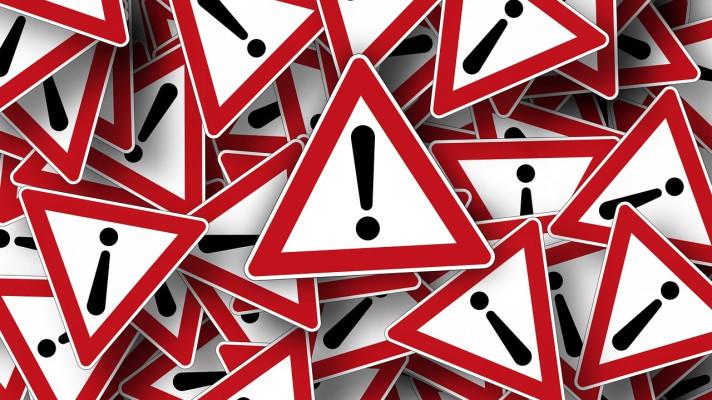Countries Weigh Asbestos Export Ban, Some Resist
|
GENEVA - Rich and poor nations will this week discuss restricting exports of asbestos, widely blamed for causing cancers and other ailments, but diplomats said this week resistance to the move was likely from some producer countries.
|
| The asbestos issue, together with the future of two dangerous pesticides found to have killed or seriously harmed farmers in Africa and Latin America, top the agenda for negotiators in week-long United Nations talks.
The gathering aims to decide whether all forms of asbestos and the targeted pesticides should be added to an international list of chemicals that cannot be exported without explicit agreement from the importing state. The list, which already includes one form of asbestos, is the centerpiece of the 1998 Rotterdam Convention which seeks to help governments, especially in the developing world, prevent chemical accidents and pollution. The Convention, under the auspices of the U.N. Environmental Program (UNEP) and the Food and Agricultural Organization (FAO), has been voluntary but is expected to go into legal force shortly when a 50th nation ratifies the document. UNEP Chemicals Director Jim Willis told a news conference he hoped the meeting would agree to add all asbestos - once used widely in housing construction but now largely limited to automobile brakes, seals and gaskets - to the list. \"But it is not certain that all countries feel the time has come to do this,\" he said. Diplomats said Canada, the world\'s largest producer and home to mines in Quebec province that provide hundreds of jobs, was among the doubters, together with Brazil and Russia and some smaller states that export the Fibre. Action aimed at getting all asbestos on to the list was sparked by bans on the material in the 15-nation European Union, Australia and Chile, and a recommendation from the Convention\'s chemical review committee that they should be added. But decisions have to be taken by consensus under the Convention which has its own Web Site at www.pic.int. The main pesticide to be studied at the gathering is known as DNOC - which was once widely used for killing insects, weeds and fungi but has been banned in Peru and the EU and has been fiercely criticized in other countries as a danger to humans. |
REUTERS NEWS SERVICE |
